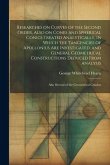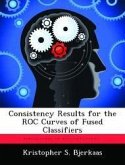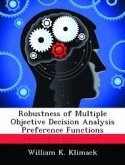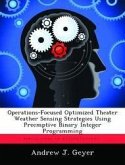A primary challenge of the AFIT Mission Resource Value Assessment Tool is to approximate a given preference curve with integer valued mission ready resources. This thesis evaluated four candidate methods of accomplishing this approximation. he thesis evaluated the implementation of the integer estimation approximation from a purely mathematical perspective. The models were measured against six quality and error measurement standards: convergence on an endpoint, convergence on any interior integer points, characterization of the overall error between the sequence of integer coordinates and the real valued linear function and characterization of the error in each individual dimension of the problem space. Finally, computer processing time was measured and a comparison of the lengths of the real valued linear function and the sequence of integer coordinates used to approximate the function were compared. ased on these measures the Relative Slope Algorithm (RSA) was selected. RSA demonstrated the minimal error and consistently quick processing time. This algorithm will improve the Mission Resource Value Assessment Tool and further its impact on the Advanced Logistic project.
Hinweis: Dieser Artikel kann nur an eine deutsche Lieferadresse ausgeliefert werden.
Hinweis: Dieser Artikel kann nur an eine deutsche Lieferadresse ausgeliefert werden.








